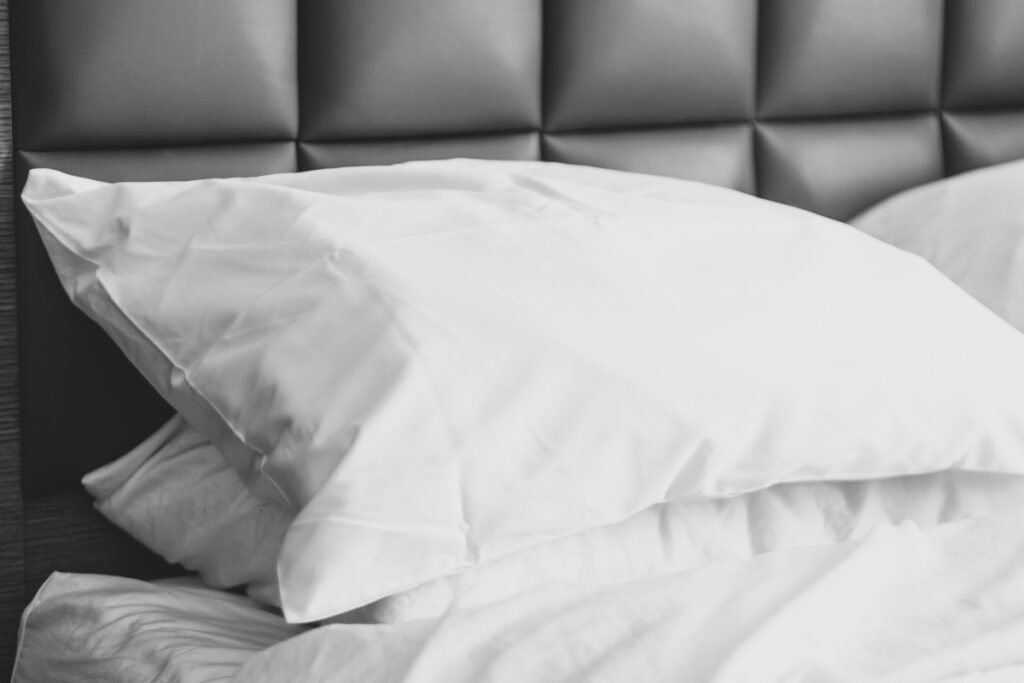Sleep hygiene for optimal performance
- Dr. Niklas Häusler
- Various Topics

"Sleep is the best meditation."
- Dalai Lama
During sleep, neuronal structures are organized and learning processes are firmly anchored. But even though sleep is so important for our learning and although we spend about one third of our life sleeping, its importance for optimal performance is largely underestimated. This is particularly surprising for two reasons. Firstly, athletes sleep less and tend to sleep worse [1]. Secondly, there are many research results that have found very solid associations between sleep and performance [2]. For example, it has been known for 20 years that sleep deprivation makes people “drunk”: the reaction time after 17 and 22 hours of wakefulness corresponds roughly to the reaction time of 0.5 and 1.0 per mille blood alcohol level [3]. When you consider that some sport competitions are not held until late in the evening, this example alone makes it clear that elite athletes should take their sleep hygiene [4] (the behavior surrounding sleep) very seriously and should continuously optimize it.
It helps to understand why you can wake up rather depressed at three o'clock in the morning.
Suboptimal sleep hygiene and the resulting sleep deprivation can lead to an impairment in the quality of decisions [5], movement sequences [2], and ultimately the quality of life [6]. As one of the results of our own soccer study, we at neuro11 found out that poor sleep quality is even directly related to an increased number of bad free kicks (outliers). In order to understand sleep as performance-enhancing and not as the enemy, sleep hygiene should be optimized. As a starting point, one could read up on what actually happens in the brain during sleep? An example: Why is it that when you wake up at three o’clock in the morning you feel rather depressed and ruminate too much? The knowledge alone, that this is a completely natural interaction of the sleep hormone “melatonin” and the happiness hormone “serotonin”, can help you deal with the situation better and not take bad thoughts too seriously.
Sleep makes you healthy.
Another aspect: When you are sick, you should sleep a lot. But why? Sleep has a regenerative effect [2], because a lot of growth hormone [7] is released and repair processes take place. Since during puberty about twice as much growth hormone is produced, but the sleep rhythm of pubescent athletes is – compared to adults – shifted backwards, professional clubs should consider adapting their training routine in youth academies to the natural human biology in order to optimally promote performance and growth in young elite athletes (one relevant aspect here is goalkeeper height).
There are three steps that everyone can try out:
Analyze your daily routine and the requirements of your sport. At what times do you have to perform at your best?
Read up on sleep and document your sleep hygiene for two weeks.
Analyze your sleep hygiene and adapt your behavior to your newly acquired knowledge.
We at neuro11 are happy to be your partner on this path. It is quite possible that you can increase your performance by a few percentage points very quickly.
#trainyourbrain
If this article sparked your interest and you would like to know more about this or other topics, please do not hesitate to contact us via info@neuro11.de. We look forward to hearing from you.
References
[1] Scandinavian Journal of Medicine & Science in Sports article: Link
[2] Sports Medicine article: Link
[3] Occupational & Environmental Medicine article: Link
[4] Wikipedia article about “Sleep hygiene”: Link
[5] Organizational Behavior and Human Decision Processes article: Link
[6] Sleep Medicine article: Link
[7] Wikipedia article about “Growth Hormone”: Link
